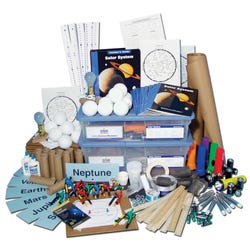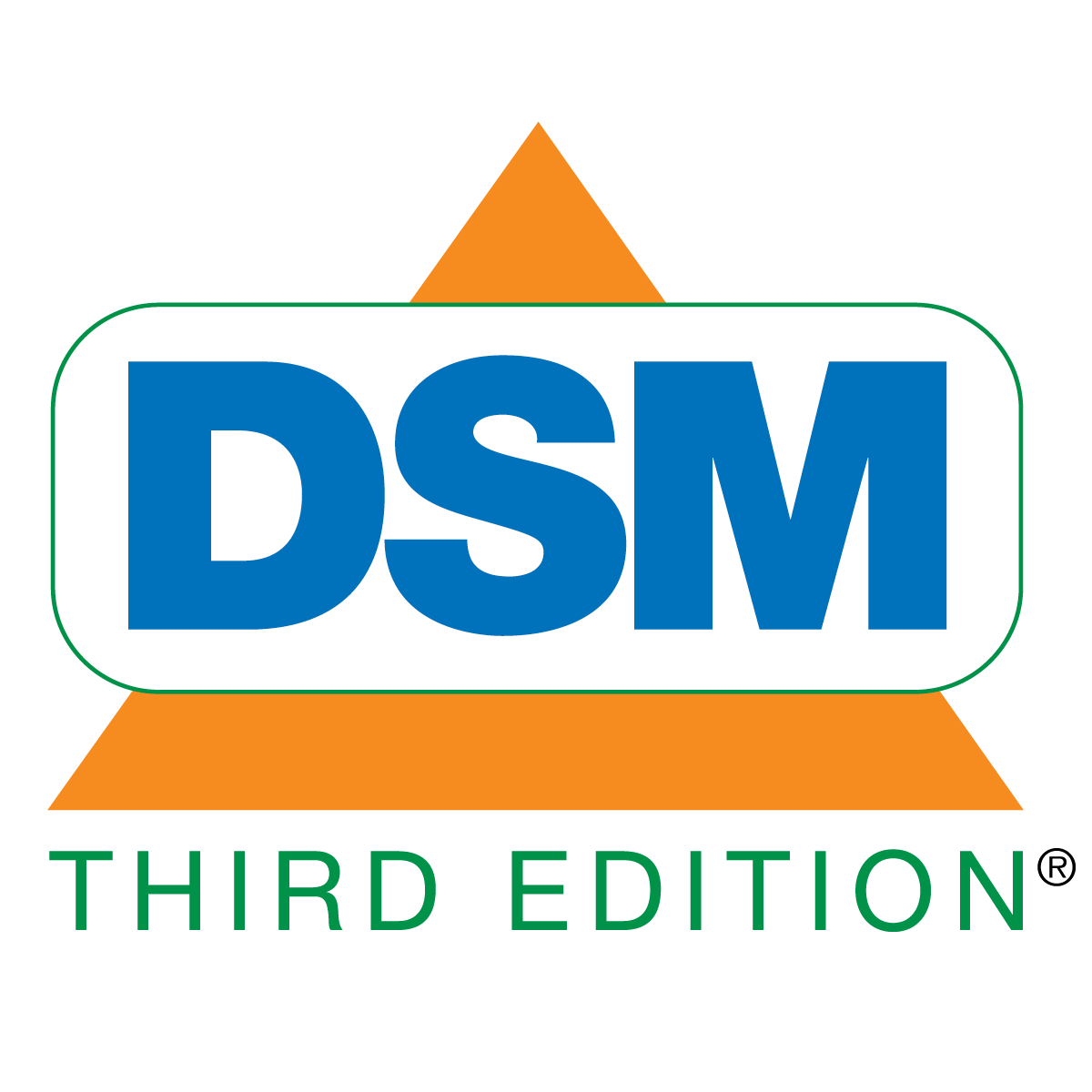Delta Science Modules Solar System Complete Kit, Edition 3, Grades 3 to 4
Description
Comprehensive, affordable and effective, Delta Science Modules Edition 3 (DSM-3) Kits provide an inquiry-based, hands-on approach to teaching a specific science topic through the use of activities and investigative equipment. Delta Science Modules Solar System Complete Kit will have your students explore Solar System right in the classroom (or at home) and gain perspective on the physical relationships between objects in our Solar System. First, students will get to become familiar with the names and positions of the 9 planets, researching one planet and sharing information with the class. Next, combining geometry and astronomy concepts, students will study ellipses and planetary orbits, then circles and planet shapes. Model planets and a classroom-size model of the Solar System dramatize the relative sizes and distances of our cosmic neighborhood. The unit also introduces students to some of the satellites in our Solar System, such as asteroids, meteoroids, and comets, in addition to extending to stars and their celestial patterns (the constellations that have intrigued sky-gazers for millennia).
Along with the kit activities, the Solar System Delta Science Reader (and complementary Skillbuilders booklet that helps students practice reading/grammar/writing/vocabulary skills with the content from the Delta Science Reader) will have your students take a reading and visual tour of the Sun and the 9 planets. Students will also: explore space objects such as comets, asteroids, and meteoroids; read about the rotation and revolution of the planets and the causes of night and day, seasonal changes, and the phases of the Moon; learn about what a planetary geologist does; and lastly, discover how telescopes work.
Delta Science Modules Edition 3 (DSM-3) consist of a total of 59 assorted kits ranging from Grade K to 8 levels, each with a step-by-step teacher guide, student readers, 12-14 interconnected activities, and enough equipment to serve up to 32 students. Select kits also contain a pre-paid coupon for Living materials. Educators have the flexibility to have students follow the detailed activities that are provided, or customize their own curriculum plan with the equipment provided.
Features
- Delta Science Modules are all-inclusive comprehensive science kits ranging from Grade K to 8 that investigate key science topics through the powerful combination of hands-on activities and rich content-area reading
- Comprehensive teacher guide provides background and key points for all 12 hands-on activities, as well as page-by-page suggestions, review questions, standards correlations, and writing links for use with Readers
- Science Readers for students include informative, engaging full-color photos, text, and graphics that present key information and vocabulary about the science unit (Think About…), science careers or historical biographies (People in Science), and high-interest articles or selections (Did You Know?)
- Each kit includes a thorough 3-part assessment and a Unit Test so you can accurately gauge your students' mastery of the concepts and key vocabulary
- DSM-3 kits can support your current curriculum with the step-by-step hands-on investigations, or tools can be used to tailor your own science program to meet your various students' needs, topics of interest, and state and national standards
- Equipment Kit for 32 Students with Twelve Hands-On Activities:
- Meet Our Solar System
- Earth Orbits the Sun
- Planetary Orbits Are Not Circles
- Making Circles
- Scale and Relative Size
- Modeling Planet Sizes
- Scale and Relative Distance
- Modeling Planet Distances
- Days and Years
- Asteroids, Dwarf Planets, Meteoroids, and Comets
- Star Light, Star Bright
- Constellations: Stories in the Sky
- 1 Teacher Guide in Three-Ring Spiral Binder
- 8 Copies of Nonfiction "Solar System" Science Reader (16-20 Pages Each) for Grade 3 to 4
- 1 Skillbuilders Packet for Teaching a Science-Literacy Connection Includes:
- 32 Consumable Student Booklets (4 Pages Each)
- Teaching Information
- Sample Answers





